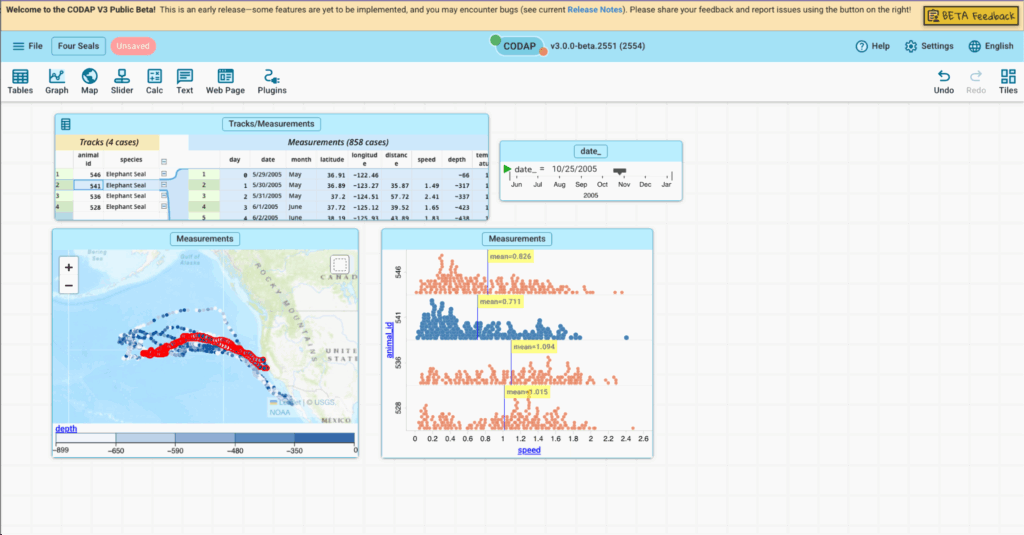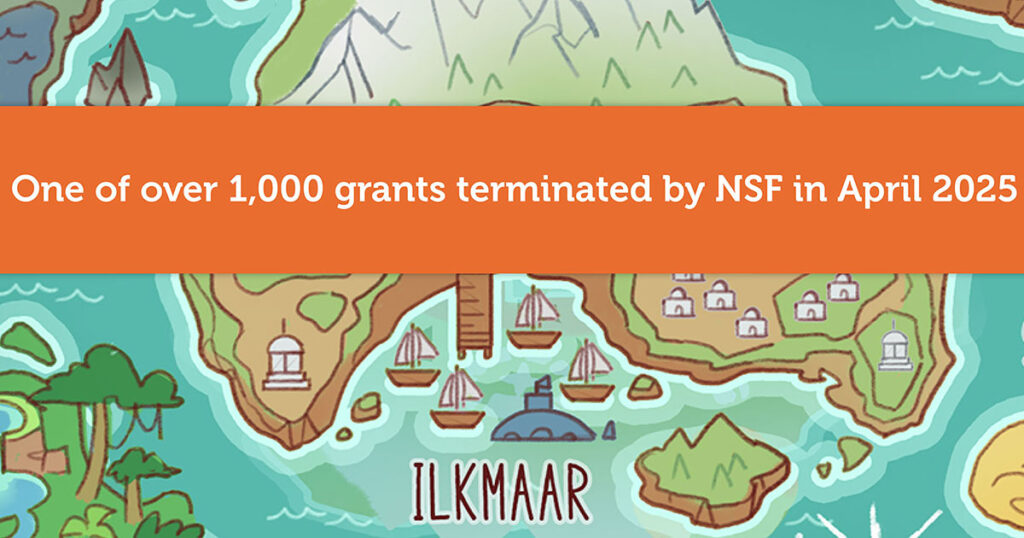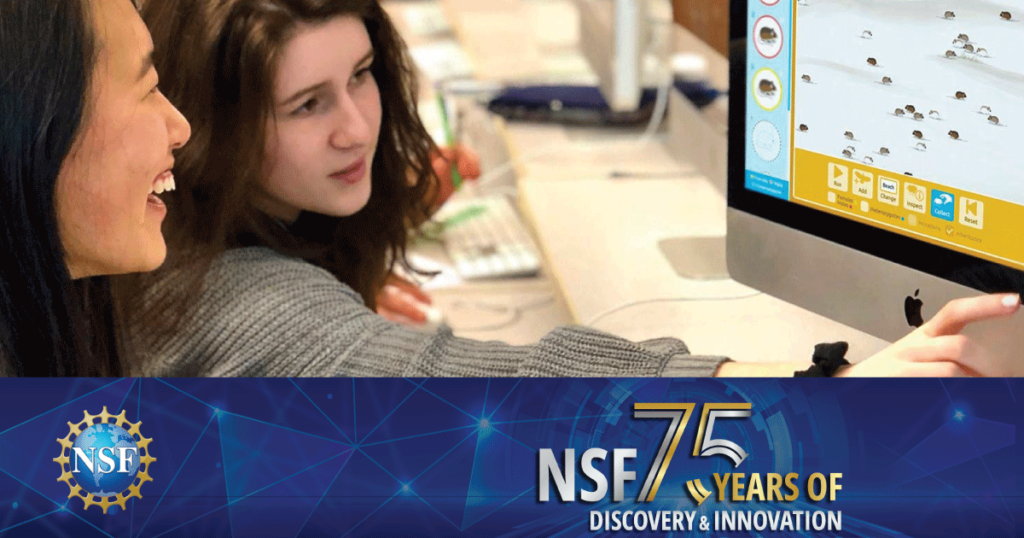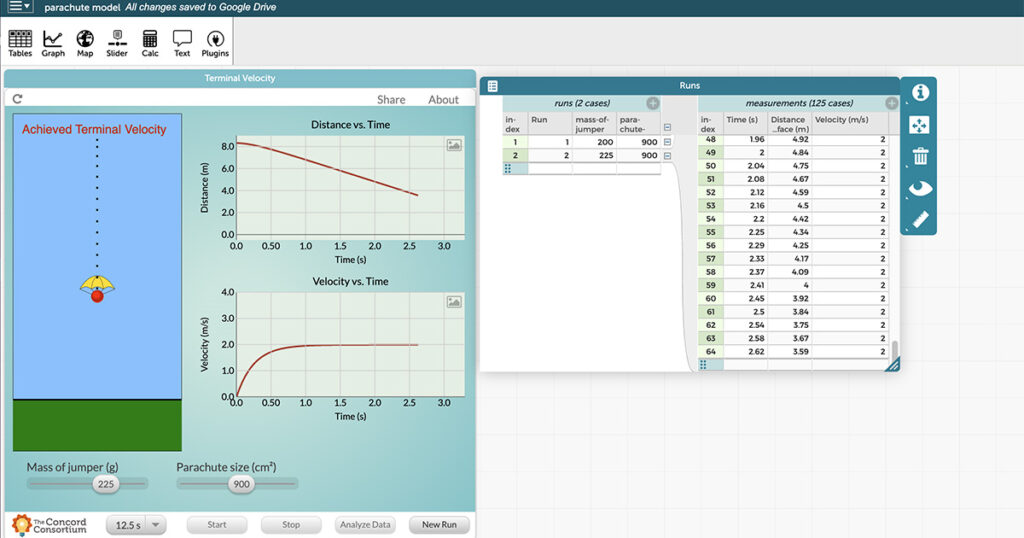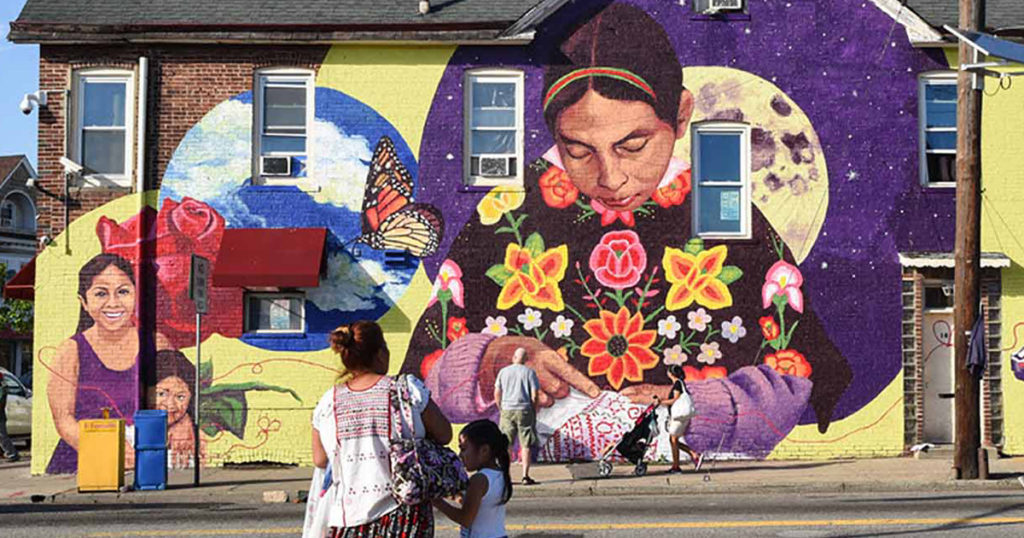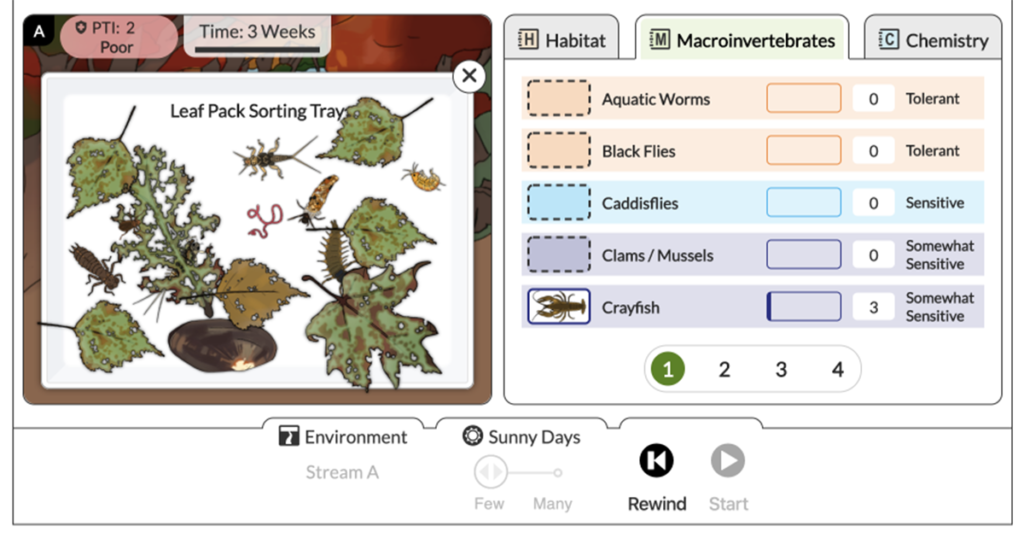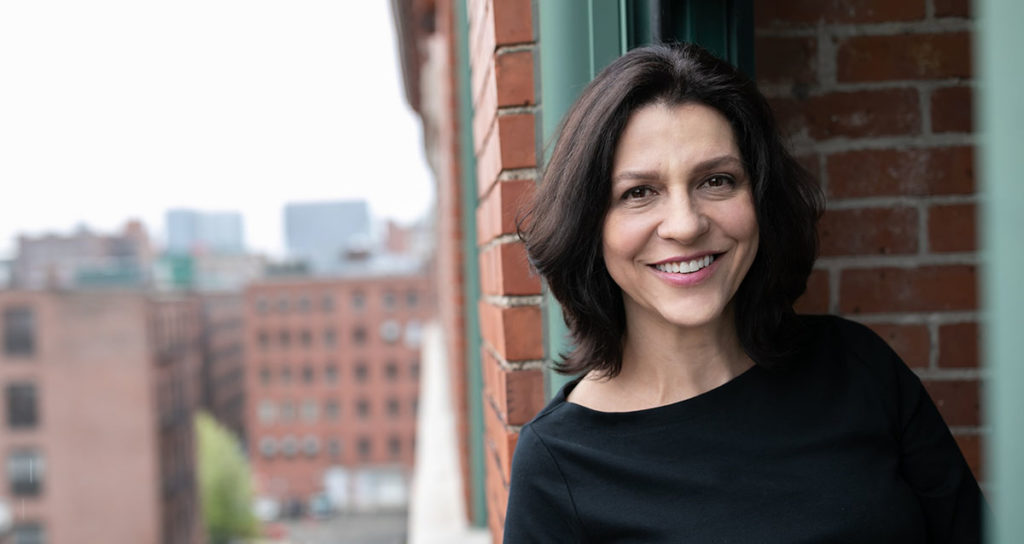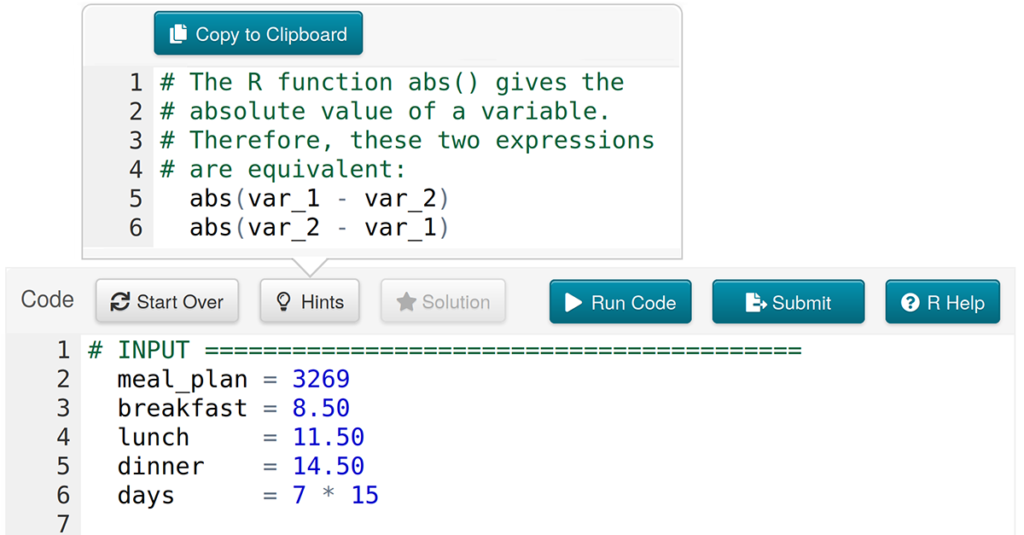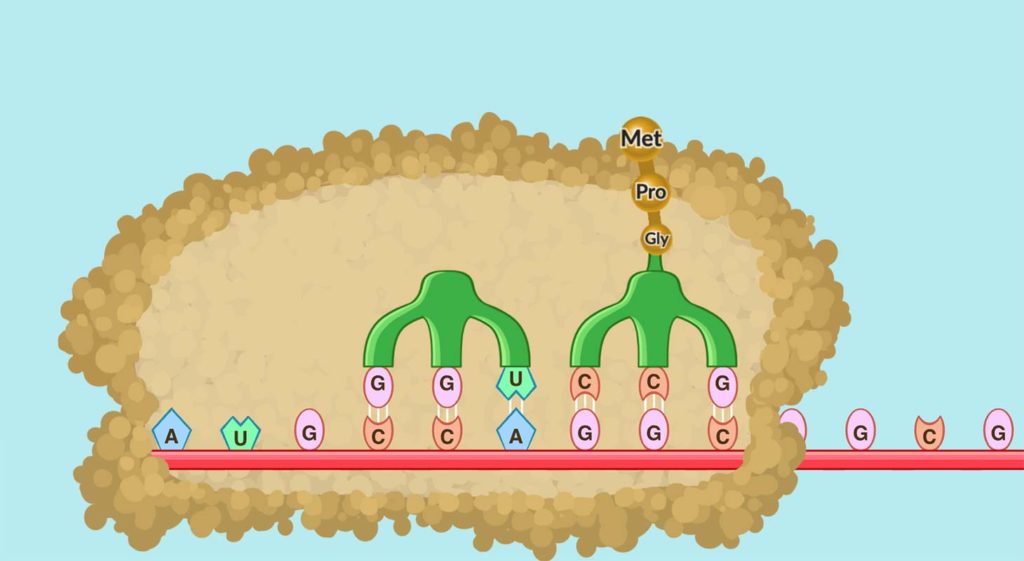Category: Author: Concord Consortium
Our Common Online Data Analysis Platform (CODAP)—used by over 3.5 million users worldwide—is one of the most popular tools for data exploration. And now it’s better than ever! The beta release of CODAP V3 is officially live and ready for you to try. At the Concord Consortium, we like to dream big. One of our […]
For many nonprofit organizations and institutions of higher education, recent Fridays have been overshadowed by a sense of dread. For four successive Fridays—April 18, April 25, May 2, and May 9—over 1,400 National Science Foundation (NSF) awards were abruptly terminated in enormous weekly batches. (There were a few letters of termination on other days of […]
On May 10, 2025, the National Science Foundation (NSF) celebrates 75 years of empowering discovery, innovation, and learning. For generations, NSF has supported the ideas and people that have shaped STEM education, research, and opportunity in America. But this milestone is more than a celebration—it’s also a moment for reflection. The gains we’ve made through […]
The Concord Consortium, in collaboration with Texas Tech University, the University of Florida, and WestEd, was awarded a $4 million Education Innovation and Research grant from the U.S. Department of Education. The five-year project will develop a year-long Artificial Intelligence (AI) in Math supplemental certificate program for secondary Algebra I or Integrated Math 1 classes. […]
We are delighted to announce that you can now assign CODAP documents in Google Classroom in the same way you assign Google Docs. Easy peasy! As a teacher, you can create a CODAP document, then assign it to your class so that each student gets their own copy. They can explore a data table or […]
When Robert Tinker founded the Concord Consortium in 1994, his goal was to make science exciting and open to all. From Bob’s earliest invention to make experimental data collection quick and easy with the use of fast-response sensors to his groundbreaking technology to expose the invisible and mysterious world of atoms and molecules in the […]
In the past year, Karla Orosco has taught 7th grade science in person, remotely online, remotely and in person simultaneously, from home as well as from her classroom, to students locally and as far away as Italy. Needless to say, she has had logistical challenges, but mostly, she missed her students. Orosco teaches at the […]
You can’t get a Ph.D. in nuclear physics without learning a lot of math. Even so, Kenia Wiedemann did not think of herself as a “math person.” She is now on something of a crusade to debunk the “I am not a math person” myth that holds back so many students. Wiedemann is a postdoctoral […]
You could say that Concord Consortium’s project Coding with R for Mathematical Modeling (CodeR4MATH) is very sneaky, says Kenia Wiedemann, a postdoctoral researcher on the project. Creative is a different way of describing how CodeR4MATH is getting high school students—especially those who think math and computer science are not for them—coding and creating mathematical models, […]
As schools across the country begin reopening for the new school year, we are faced with the possibility that the situation we lived through in the spring may become, for a while at least, the “new normal.” Due to the frightening level of the COVID-19 virus in many areas, some school buildings remain closed entirely […]
